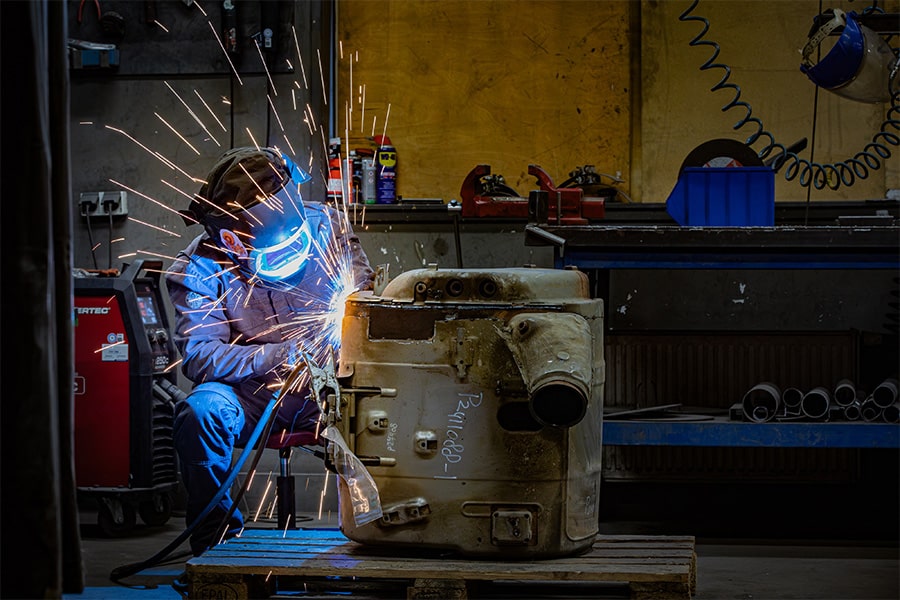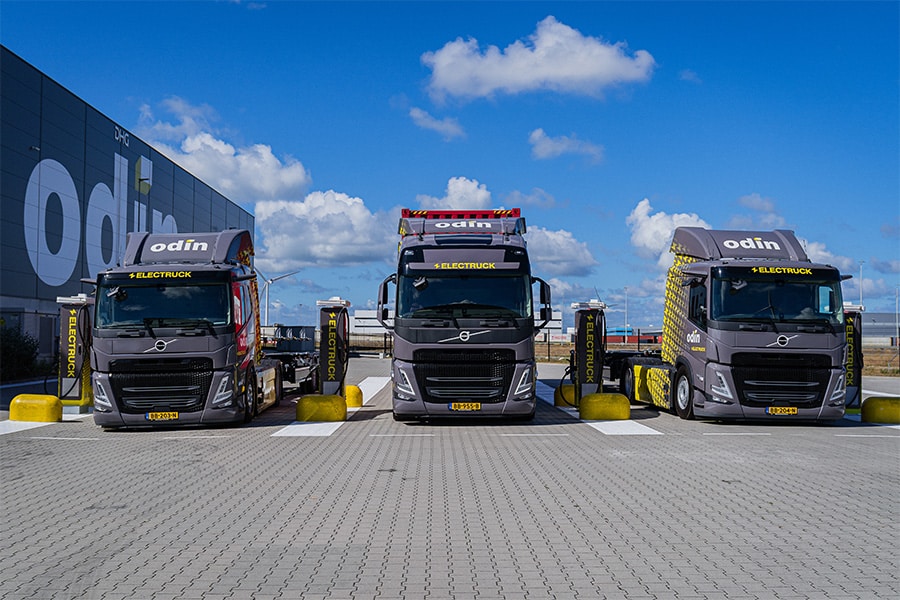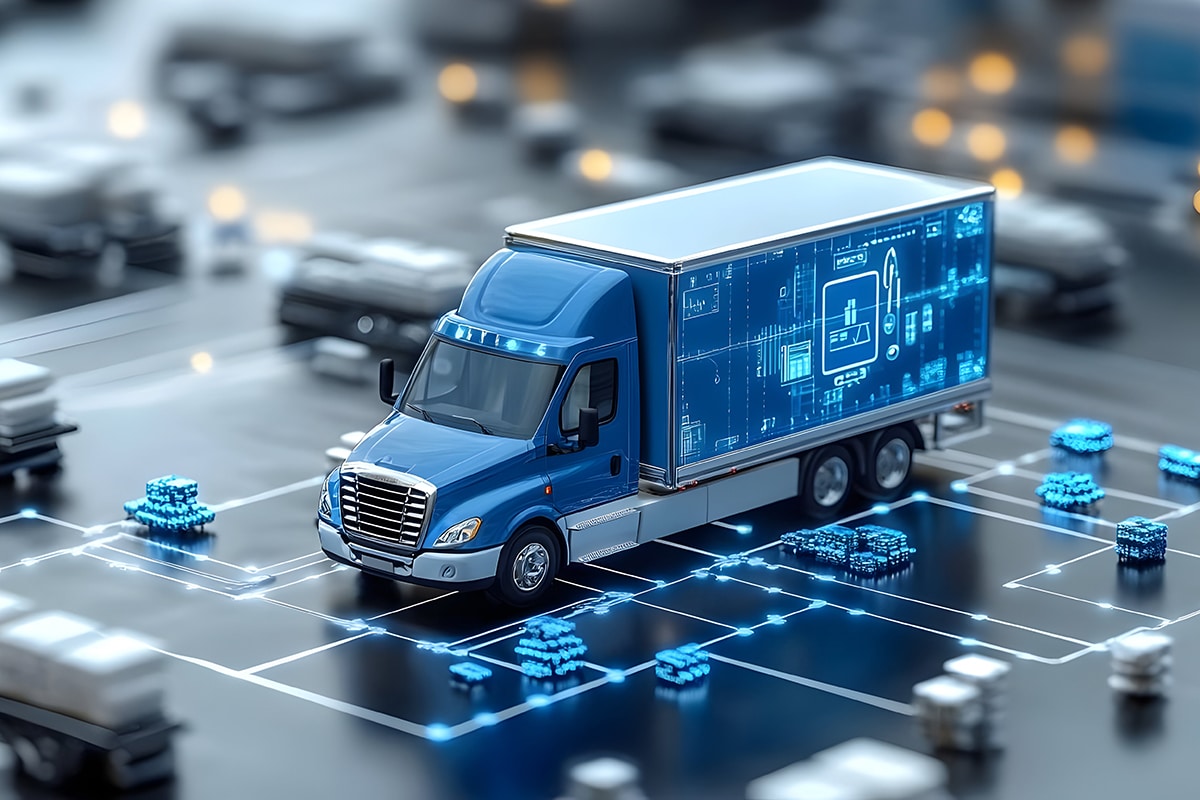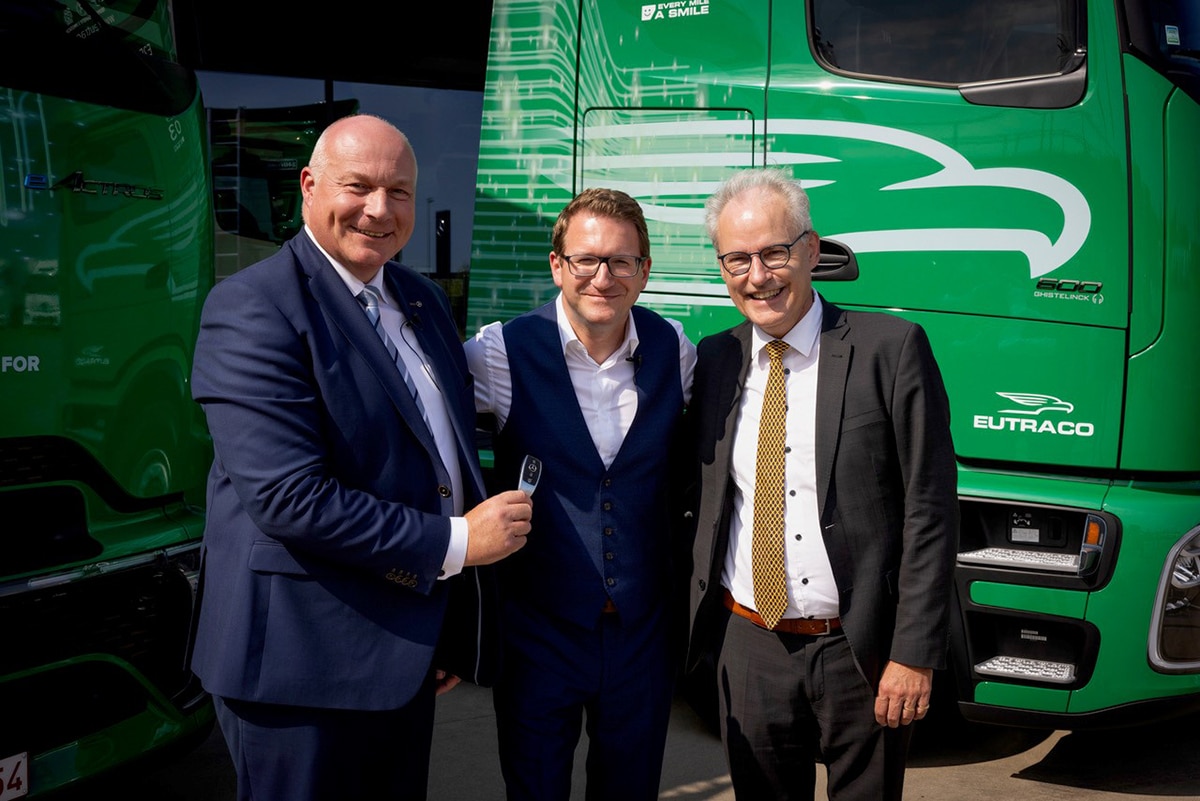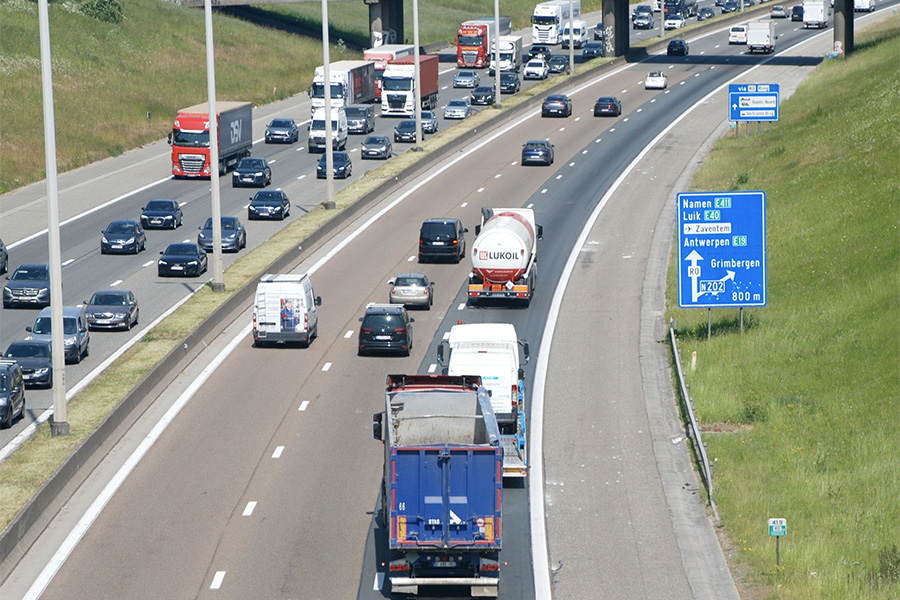
Philippe Degraef's (Febetra) views on the need for investments for sustainable logistics
To deny that there will be nothing wrong with the climate and environment worldwide by 2023 is to deny sunlight at the same time. On the road to an energy transition, we must all go full steam ahead to reduce our CO2 emissions and deploy renewable energy sources. The relance will be green, that much is certain. But according to Philippe Degraef, director of Febetra, it is too often overlooked that this transition will cost us a lot of money. High time to address this uncomfortable truth.
The energy transition is a hot topic worldwide. In our country, too, we are increasingly noticing the impact of climate change on our society, including more extreme weather conditions, unpredictable agricultural harvests, more expensive food prices and less biodiversity in our natural environment. "With those flashing lights on red, it would be irresponsible not to take action toward a sustainable energy transition," said Degraef. "The switch to renewable energy sources and reducing CO2 emissions are crucial to combat climate change and protect our future generations. But this transition will not be without controversy and will require significant effort, cooperation and financial resources."
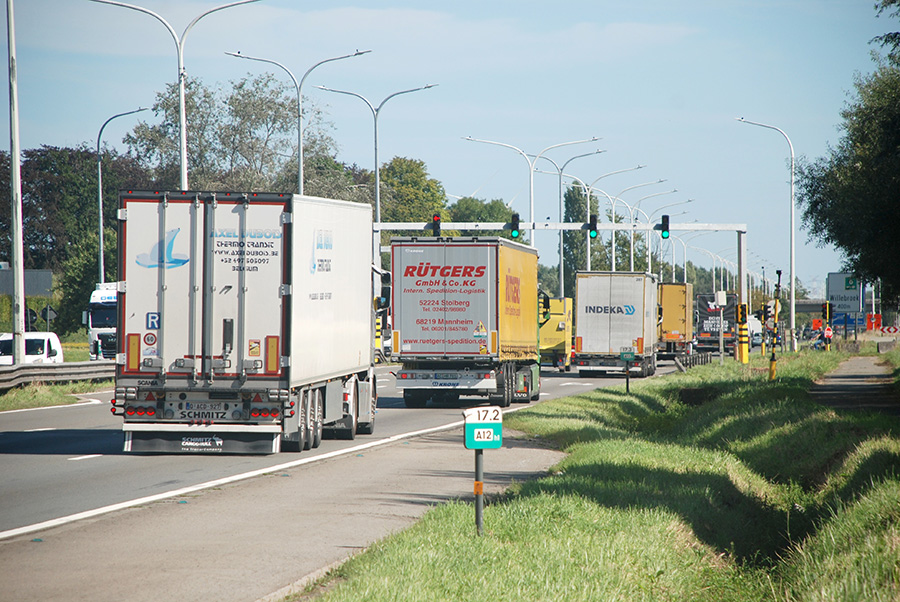
Chain approach desired
According to Degraef, one thing is certain: in the fight for a cleaner environment and more stable climate, all stakeholders in our society must make the necessary efforts. As director of Febetra, he therefore advocates a chain approach, in which truck manufacturers, energy suppliers and governments, among others, work closely together and thus pave the way to a sustainable transport sector. "The ambitious VIAVIA project of Flemish Minister of Mobility and Public Works Lydia Peeters launched in March of this year fits into this strategy," Degraef points out. "With this project, the minister wants to fully commit to green inland navigation, a greening of aviation, zero-emission road freight transport, sustainable urban logistics and multimodal corridors."
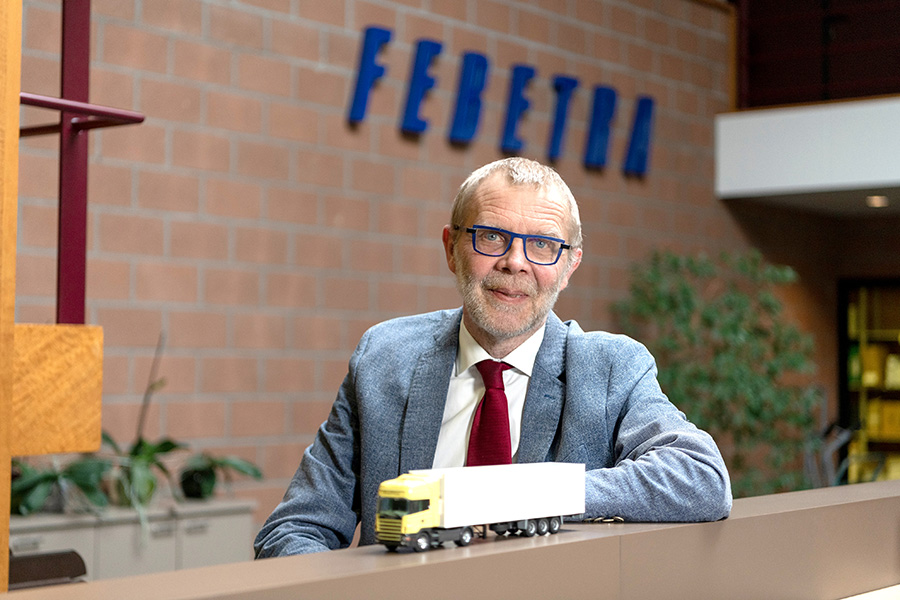
Fair distribution of investment costs
"As a trade federation, we are happy to put our shoulders to those goals, because zero-emission freight transport and more logistics movements via modes other than road should become the 'new normal,'" Degraef stressed. "We know the final destination, but the road to it is still strewn with numerous question marks. If we do not join forces - with both truck manufacturers, transporters, energy suppliers and governments in the driver's seat - a substantial greening of the transport sector risks ending up in a dead end. And that can never be the intention."
All noses in the same direction, then. In which, according to the top man in the transport sector, it must also immediately become clear how a fair distribution of additional investment costs for emission-free logistics will be realized. "It is an illusion to think that making our region climate-proof can be done without heavy financial efforts," says Degraef. "The uncomfortable truth is that sustainable is synonymous with expensive, and everyone in the supply chain will have to reach into their pockets. So we advocate for a fair distribution of the financial burden, paying attention to the practical challenges faced by transporters and logistics players." ■
